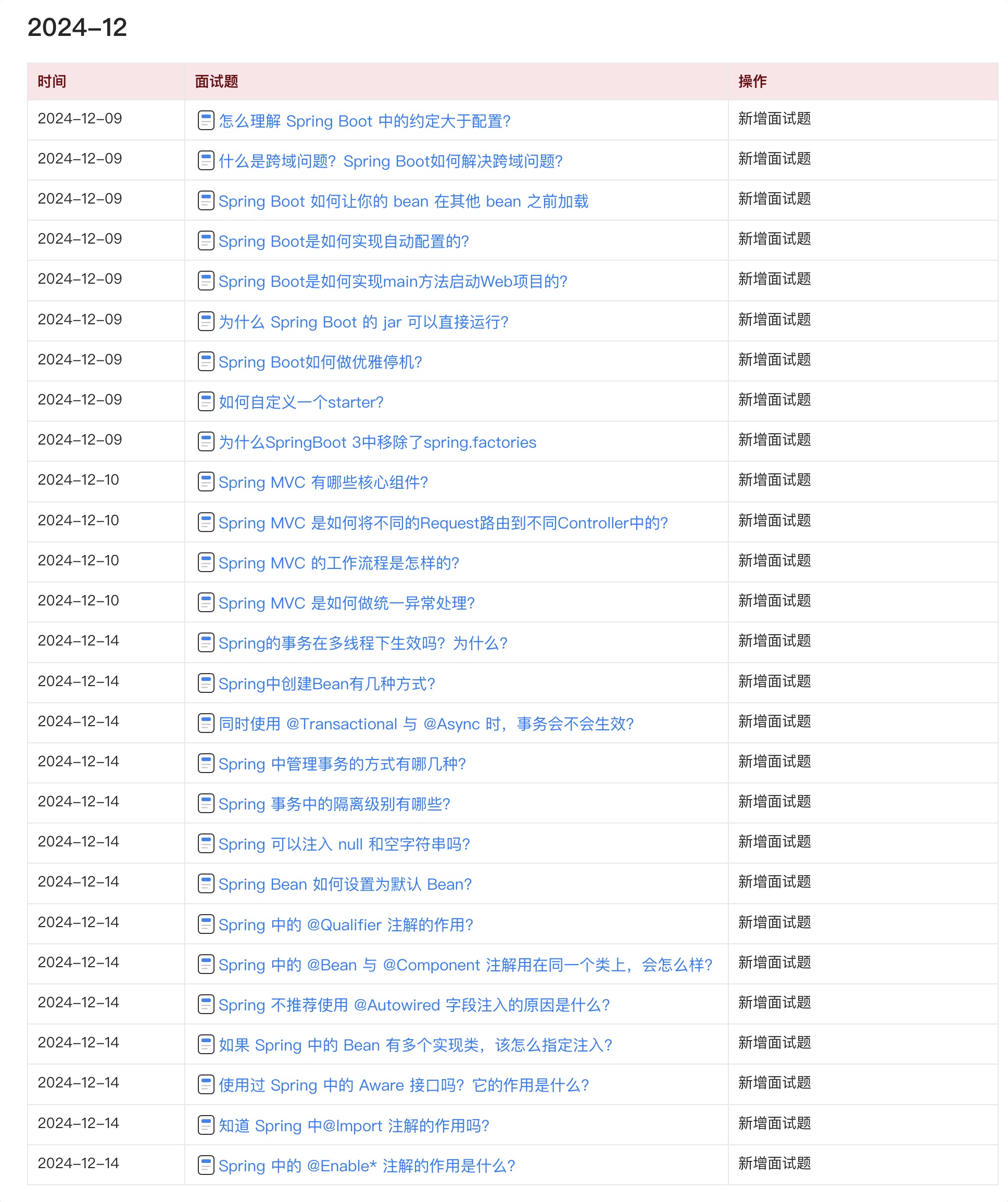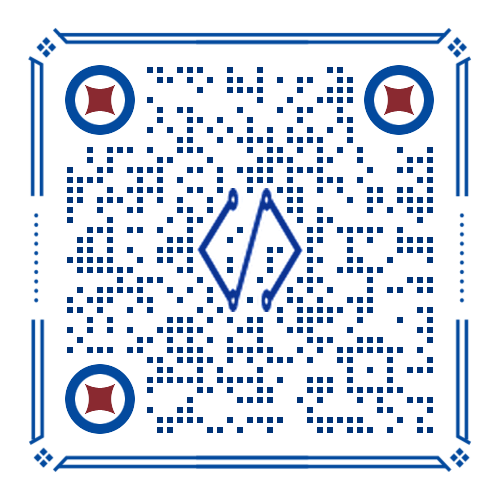initializeBean
前面讲了populateBean,给属性和方法注入bean,完成后,就要进行初始化调用了,其实就是各种处理器接口的处理。
protected Object initializeBean(final String beanName, final Object bean, @Nullable RootBeanDefinition mbd) {
if (System.getSecurityManager() != null) {
AccessController.doPrivileged((PrivilegedAction<Object>) () -> {
invokeAwareMethods(beanName, bean);
return null;
}, getAccessControlContext());
}
else {//Aware接口处理器
invokeAwareMethods(beanName, bean);
}
Object wrappedBean = bean;
if (mbd == null || !mbd.isSynthetic()) {//初始化前
wrappedBean = applyBeanPostProcessorsBeforeInitialization(wrappedBean, beanName);
}
try {//初始化
invokeInitMethods(beanName, wrappedBean, mbd);
}
catch (Throwable ex) {
throw new BeanCreationException(
(mbd != null ? mbd.getResourceDescription() : null),
beanName, "Invocation of init method failed", ex);
}
if (mbd == null || !mbd.isSynthetic()) {//初始化后
wrappedBean = applyBeanPostProcessorsAfterInitialization(wrappedBean, beanName);
}
return wrappedBean;
}
invokeAwareMethods触发提示方法
处理BeanNameAware,BeanClassLoaderAware,BeanFactoryAware接口方法,这里BeanFactoryAware的接口要注意,如果前面配置类有CGLIB动态代理的话,这里这个方法就重复了,也就是setBeanFactory被重复调用了两次,前面一次是在EnhancedConfiguration接口的方法。
private void invokeAwareMethods(final String beanName, final Object bean) {
if (bean instanceof Aware) {
if (bean instanceof BeanNameAware) {//设置bean名字
((BeanNameAware) bean).setBeanName(beanName);
}
if (bean instanceof BeanClassLoaderAware) {
ClassLoader bcl = getBeanClassLoader();
if (bcl != null) {//设置类加载器
((BeanClassLoaderAware) bean).setBeanClassLoader(bcl);
}
}
if (bean instanceof BeanFactoryAware) {//设置BeanFactory
((BeanFactoryAware) bean).setBeanFactory(AbstractAutowireCapableBeanFactory.this);
}
}
}
applyBeanPostProcessorsBeforeInitialization初始化之前处理
所有BeanPostProcessor 处理,如果有返回null了就直接返回,否则就把处理后的对象替换原来的,返回最新对象。
@Override
public Object applyBeanPostProcessorsBeforeInitialization(Object existingBean, String beanName)
throws BeansException {
Object result = existingBean;
for (BeanPostProcessor processor : getBeanPostProcessors()) {
Object current = processor.postProcessBeforeInitialization(result, beanName);
if (current == null) {
return result;
}
result = current;
}
return result;
}
ApplicationContextAwareProcessor的postProcessBeforeInitialization
如果发现bean有实现那一堆接口任意一个的话,就会执行invokeAwareInterfaces方法。
@Override
@Nullable
public Object postProcessBeforeInitialization(Object bean, String beanName) throws BeansException {
if (!(bean instanceof EnvironmentAware || bean instanceof EmbeddedValueResolverAware ||
bean instanceof ResourceLoaderAware || bean instanceof ApplicationEventPublisherAware ||
bean instanceof MessageSourceAware || bean instanceof ApplicationContextAware)){
return bean;
}
AccessControlContext acc = null;
if (System.getSecurityManager() != null) {
acc = this.applicationContext.getBeanFactory().getAccessControlContext();
}
if (acc != null) {
AccessController.doPrivileged((PrivilegedAction<Object>) () -> {
invokeAwareInterfaces(bean);
return null;
}, acc);
}
else {
invokeAwareInterfaces(bean);
}
return bean;
}
invokeAwareInterfaces
其实就是设置一些值,方便外部获取,做一些扩展。
private void invokeAwareInterfaces(Object bean) {
if (bean instanceof EnvironmentAware) {
((EnvironmentAware) bean).setEnvironment(this.applicationContext.getEnvironment());
}
if (bean instanceof EmbeddedValueResolverAware) {
((EmbeddedValueResolverAware) bean).setEmbeddedValueResolver(this.embeddedValueResolver);
}
if (bean instanceof ResourceLoaderAware) {
((ResourceLoaderAware) bean).setResourceLoader(this.applicationContext);
}
if (bean instanceof ApplicationEventPublisherAware) {
((ApplicationEventPublisherAware) bean).setApplicationEventPublisher(this.applicationContext);
}
if (bean instanceof MessageSourceAware) {
((MessageSourceAware) bean).setMessageSource(this.applicationContext);
}
if (bean instanceof ApplicationContextAware) {
((ApplicationContextAware) bean).setApplicationContext(this.applicationContext);
}
}
ConfigurationClassPostProcessor内部类ImportAwareBeanPostProcessor的postProcessBeforeInitialization
如果是ImportAware类型的,就会设置bean的注解信息。
@Override
public Object postProcessBeforeInitialization(Object bean, String beanName) {
if (bean instanceof ImportAware) {
ImportRegistry ir = this.beanFactory.getBean(IMPORT_REGISTRY_BEAN_NAME, ImportRegistry.class);
AnnotationMetadata importingClass = ir.getImportingClassFor(ClassUtils.getUserClass(bean).getName());
if (importingClass != null) {
((ImportAware) bean).setImportMetadata(importingClass);
}
}
return bean;
}
InitDestroyAnnotationBeanPostProcessor的postProcessBeforeInitialization
这里就是我们前面注册的生命周期元数据,这个时候要进行调用了。
@Override
public Object postProcessBeforeInitialization(Object bean, String beanName) throws BeansException {
LifecycleMetadata metadata = findLifecycleMetadata(bean.getClass());
try {
metadata.invokeInitMethods(bean, beanName);
}
catch (InvocationTargetException ex) {
throw new BeanCreationException(beanName, "Invocation of init method failed", ex.getTargetException());
}
catch (Throwable ex) {
throw new BeanCreationException(beanName, "Failed to invoke init method", ex);
}
return bean;
}
LifecycleMetadata 的invokeInitMethods
调用前面注册的初始化方法集合checkedInitMethods的每一个方法。
public void invokeInitMethods(Object target, String beanName) throws Throwable {
Collection<LifecycleElement> checkedInitMethods = this.checkedInitMethods;
Collection<LifecycleElement> initMethodsToIterate =
(checkedInitMethods != null ? checkedInitMethods : this.initMethods);
if (!initMethodsToIterate.isEmpty()) {
for (LifecycleElement element : initMethodsToIterate) {
if (logger.isTraceEnabled()) {
logger.trace("Invoking init method on bean '" + beanName + "': " + element.getMethod());
}
element.invoke(target);
}
}
}
LifecycleElement的invoke
就是方法的反射调用,参数是null。
public void invoke(Object target) throws Throwable {
ReflectionUtils.makeAccessible(this.method);
this.method.invoke(target, (Object[]) null);
}
好了,今天就到这里了,希望对学习理解有帮助,大神看见勿喷,仅为自己的学习理解,能力有限,请多包涵。
Java 面试宝典是大明哥全力打造的 Java 精品面试题,它是一份靠谱、强大、详细、经典的 Java 后端面试宝典。它不仅仅只是一道道面试题,而是一套完整的 Java 知识体系,一套你 Java 知识点的扫盲贴。
它的内容包括:
- 大厂真题:Java 面试宝典里面的题目都是最近几年的高频的大厂面试真题。
- 原创内容:Java 面试宝典内容全部都是大明哥原创,内容全面且通俗易懂,回答部分可以直接作为面试回答内容。
- 持续更新:一次购买,永久有效。大明哥会持续更新 3+ 年,累计更新 1000+,宝典会不断迭代更新,保证最新、最全面。
- 覆盖全面:本宝典累计更新 1000+,从 Java 入门到 Java 架构的高频面试题,实现 360° 全覆盖。
- 不止面试:内容包含面试题解析、内容详解、知识扩展,它不仅仅只是一份面试题,更是一套完整的 Java 知识体系。
- 宝典详情:https://www.yuque.com/chenssy/sike-java/xvlo920axlp7sf4k
- 宝典总览:https://www.yuque.com/chenssy/sike-java/yogsehzntzgp4ly1
- 宝典进展:https://www.yuque.com/chenssy/sike-java/en9ned7loo47z5aw
目前 Java 面试宝典累计更新 400+ 道,总字数 42w+。大明哥还在持续更新中,下图是大明哥在 2024-12 月份的更新情况:

想了解详情的小伙伴,扫描下面二维码加大明哥微信【daming091】咨询

同时,大明哥也整理一套目前市面最常见的热点面试题。微信搜[大明哥聊 Java]或扫描下方二维码关注大明哥的原创公众号[大明哥聊 Java] ,回复【面试题】 即可免费领取。

